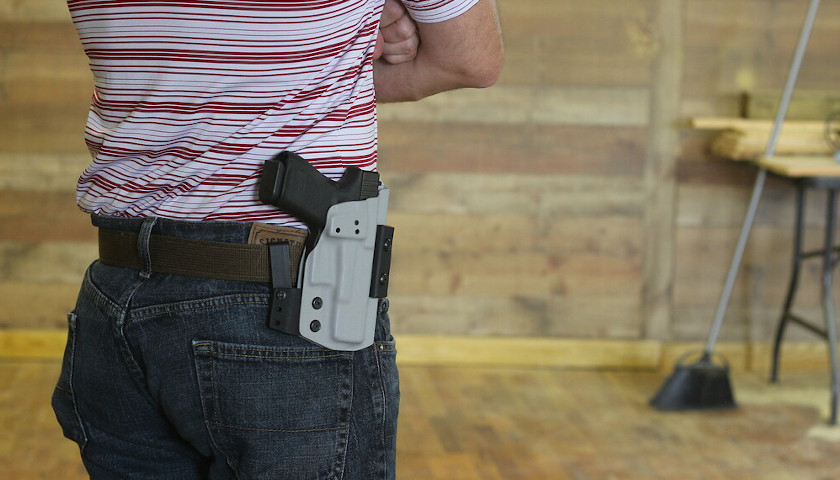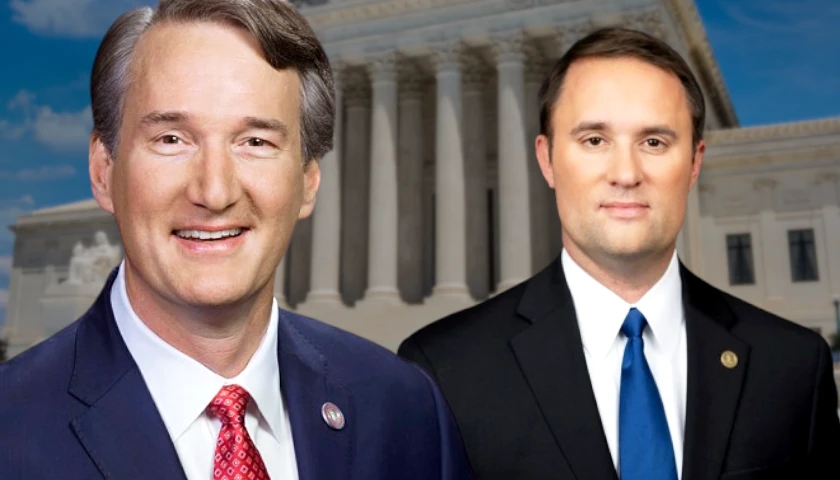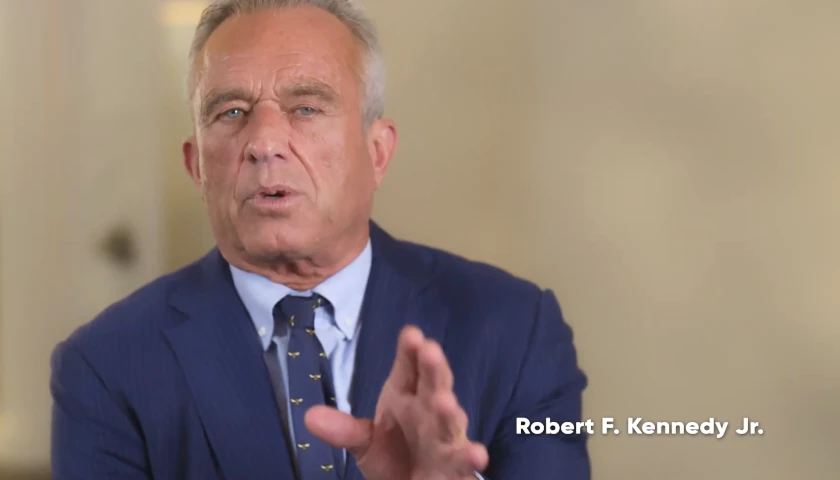The 1st District Court of Appeals has ruled the Florida Department of Agriculture and Consumer Services improperly denied a concealed weapons license to a man who was previously convicted in 1969 in Illinois.
The man, only identified as R.C., said his rights were restored in 1971, two years after his conviction for stealing an eight-track tape player, and even was approved for a concealed weapons license in Illinois before moving to Florida.
In each firearm purchase at a federally licensed dealer and each time a citizen applies for a concealed weapons license in Florida, the state runs a background check through the FBI’s National Instant Criminal Background Check System (NICS). Applicants are flagged for denial for their concealed weapons permit application due to previous convictions, which was the case for R.C., but there was no indicator that his rights were restored.
The majority opinion written by Judge Robert Long said indicating the flag on the application is only the first step in the inquiry into a person’s background.
“A felon flagged in NICS may be prohibited from possessing or purchasing a firearm — most probably are,” said Long alongside 11 other judges who sided with him. “But a NICS result is only a starting point in the inquiry into an applicant’s eligibility. It is not the NICS result that is a prohibition on possession or purchase of a firearm. Rather, it is the conviction without a restoration of rights. The NICS result may be a sign that points toward prohibition, but it is not prohibition itself.”
Two other judges, Brad Thomas and Thomas Winokur, agreed with Long’s opinion and said the Department of Agriculture’s actions “constituted an egregious abuse of administrative power.”
They continued by saying the department has to provide substantial evidence for why the applicant should be denied his right to self-defense.
“The department must grant appellant (R.C.) a formal administrative hearing, where it will be the department’s burden to come forward with a preponderance of evidence that appellant is not entitled to receive the license to carry a concealed firearm for self-defense,” Thomas wrote. “If the department is unable to meet its burden, it must issue the license to appellant.”
Judge Scott Makur, who agreed with parts of the majority opinion, but disagreed with other parts, wrote the department does not have legal authority to check the validity of the NICS system, which is federally managed. He says “chaos” and “confusion” would take place if the department or the Florida Department of Law Enforcement overruled the NICS system and said there needs to be a process for rights-restored-Floridians to apply with a corrected NICS record.
“Chaos would likely ensue if the department is permitted to issue orders adjudging that an applicant who is NICS ineligible is nonetheless entitled to possess a firearm and a (concealed- weapons license). Who’s to be believed? FDLE, the top Florida criminal justice agency with the exclusive authority to access and correct the NICS database? Or the department, which lacks any such authority and isn’t even a criminal justice agency? What are criminal justice agencies and law enforcement officers to do when the NICS database says an individual is NICS ineligible but they are handed a final order from the department saying he is eligible? Unwarranted confusion will result and an adverse impact on public safety is likely, as both FDLE and the department warn.”
Gun rights groups are calling it a victory for gun owners.
“In the past, the department has allowed the Florida Department of Law Enforcement to say who’s eligible and who’s not,” said Eric Friday, attorney for Florida Carry. “But according to (Wednesday’s) order, now the department has to have documentary evidence. This is the culmination of eight years of work.”
– – –
Grant Holcomb is a reporter at the Florida Capital Star and the Star News Network. Follow Grant on Twitter and direct message tips.
Photo “Concealed Carry” by Clinger Holsters. CC BY-ND 2.0.









